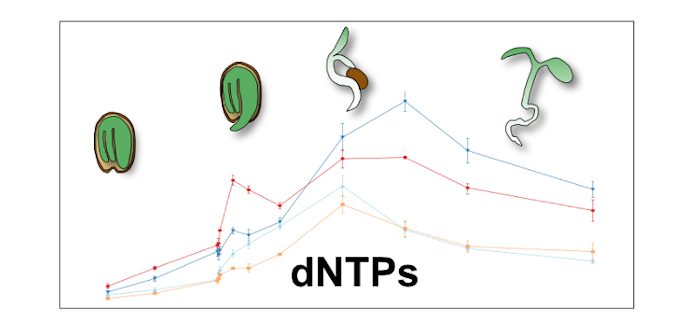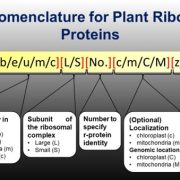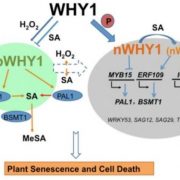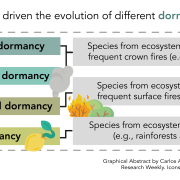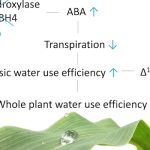Germination and seedling establishment – Let’s get this par-‘T’ started!
Niehaus et al. explore the nucleotide metabolome of germinating seeds
By Markus Niehaus1, Henryk Straube1 and Marco Herde1
1Leibniz Universität Hannover, Department of Molecular Nutrition and Biochemistry of Plants
Background: All living organisms, including plants, possess DNA and rely on the active synthesis of its building blocks, called deoxyribonucleotides (A,G,C and T). DNA is made not only in the nucleus but also in chloroplasts and mitochondria; thus, deoxyribonucleotides must be either made in or transported to these organelles. Several alternative pathways transport and synthesize one of these nucleotides (T) for the nucleus and the organelles. These processes are important during seed germination and seedling establishment since a dry seed does not contain any deoxyribonucleotides. Thus, they have to be made prior to DNA replication.
Question: What is the concentration of deoxyribonucleotides during germination and seedling establishment? What is the importance of every alternative pathway that results in the formation of the ‘T’ nucleotide? What are the consequences of lacking ‘T’ for DNA synthesis in the nucleus and the organelles during germination and seedling establishment?
Findings: The concentration of nucleotides in germinating Arabidopsis seeds is constantly rising. The ratio of the different nucleotides seems to be first tailored to support DNA synthesis within chloroplasts. Analyzing a collection of mutants which are impaired in processes for the formation of ‘T’, we found that the phosphorylation of thymidine within organelles is the most important process. Plants that are unable to phosphorylate thymidine have a reduced amount of DNA in chloroplasts and seedlings are pale. Interestingly, this effect is weaker in established seedlings and we assume that transport processes that change during seedling establishment are responsible for this phenomenon.
Next steps: Although we found thymidine to be a crucial metabolite for ‘T’ formation we do not know which process generates it. We think that the transport of precursors for ‘T’ over the plastidic membrane changes during seedling establishment, and our aim now is to identify transporters and characterize the process further.
Markus Niehaus, Henryk Straube, André Specht, Chiara Baccolini, Claus-Peter Witte, Marco Herde. (2022). The nucleotide metabolome of germinating Arabidopsis thaliana seeds reveals a central role for thymidine phosphorylation in chloroplast development. https://doi.org/10.1093/plcell/koac207


